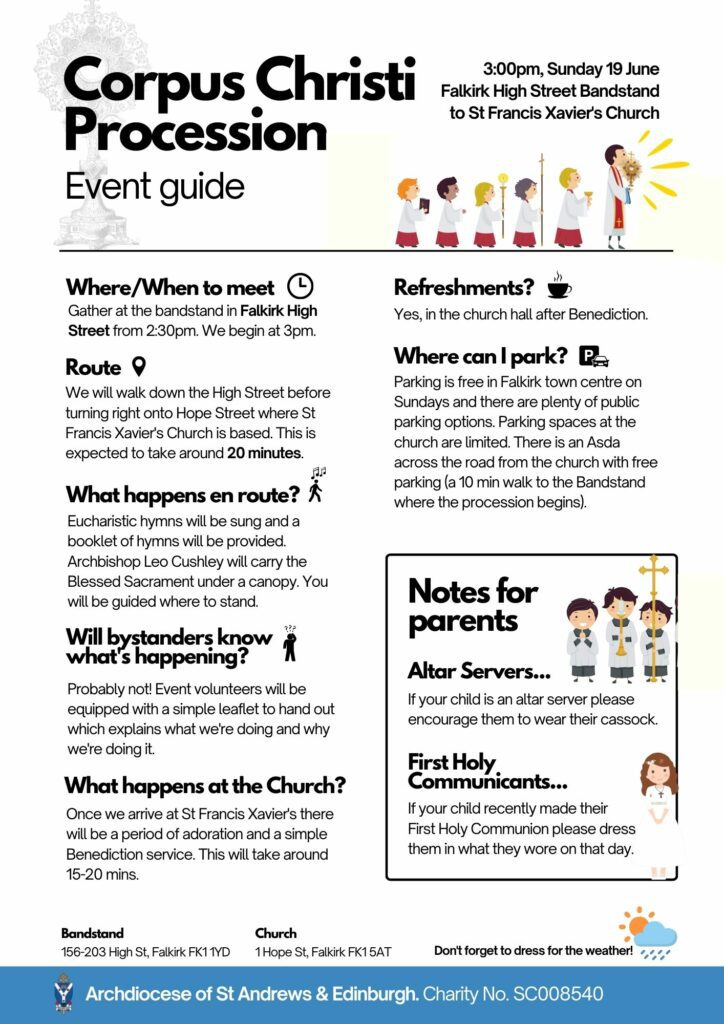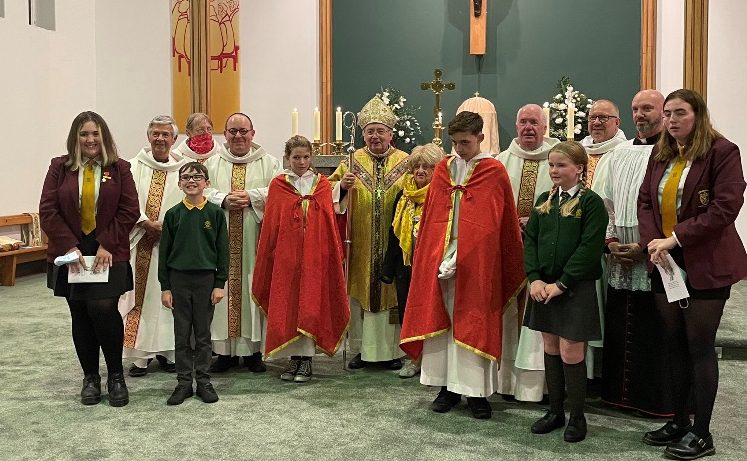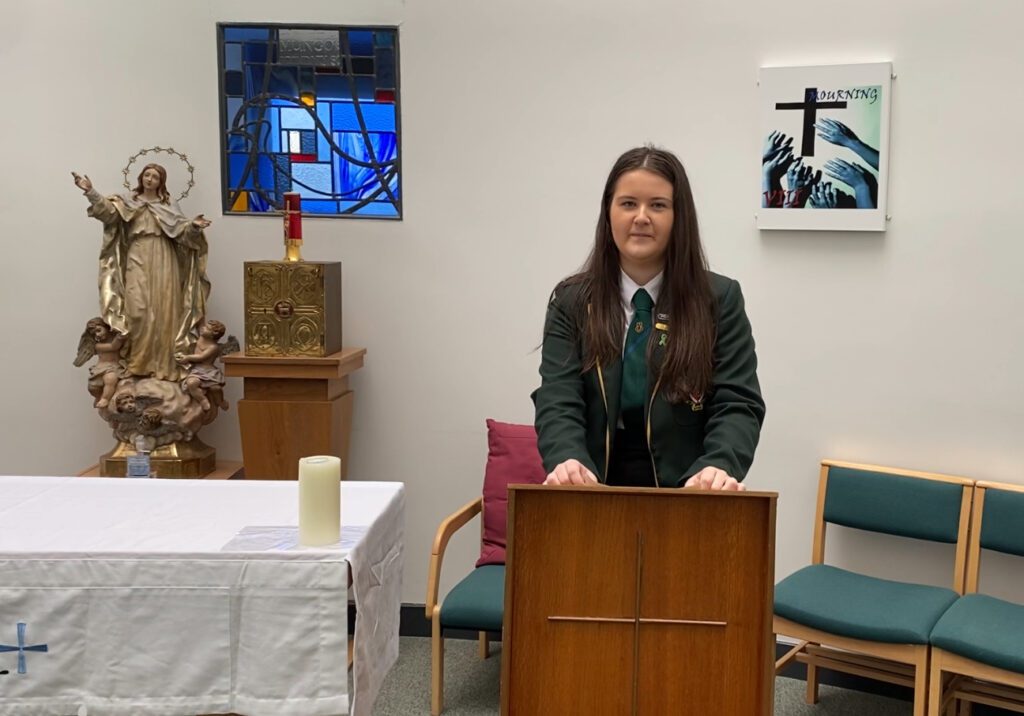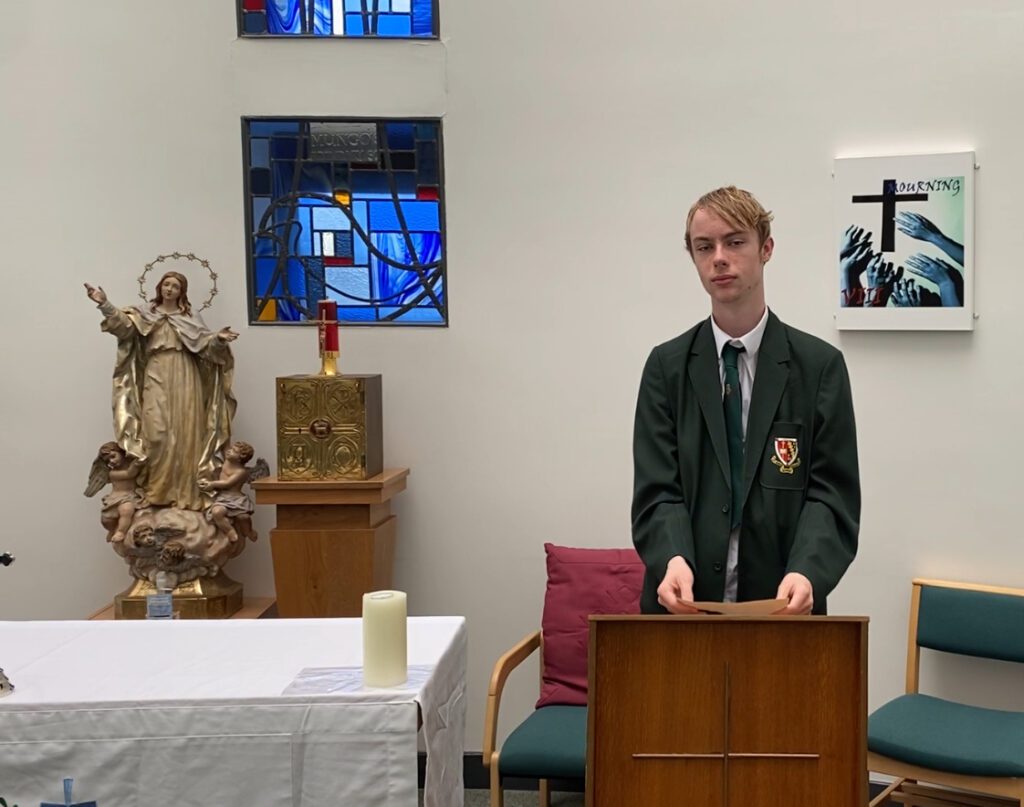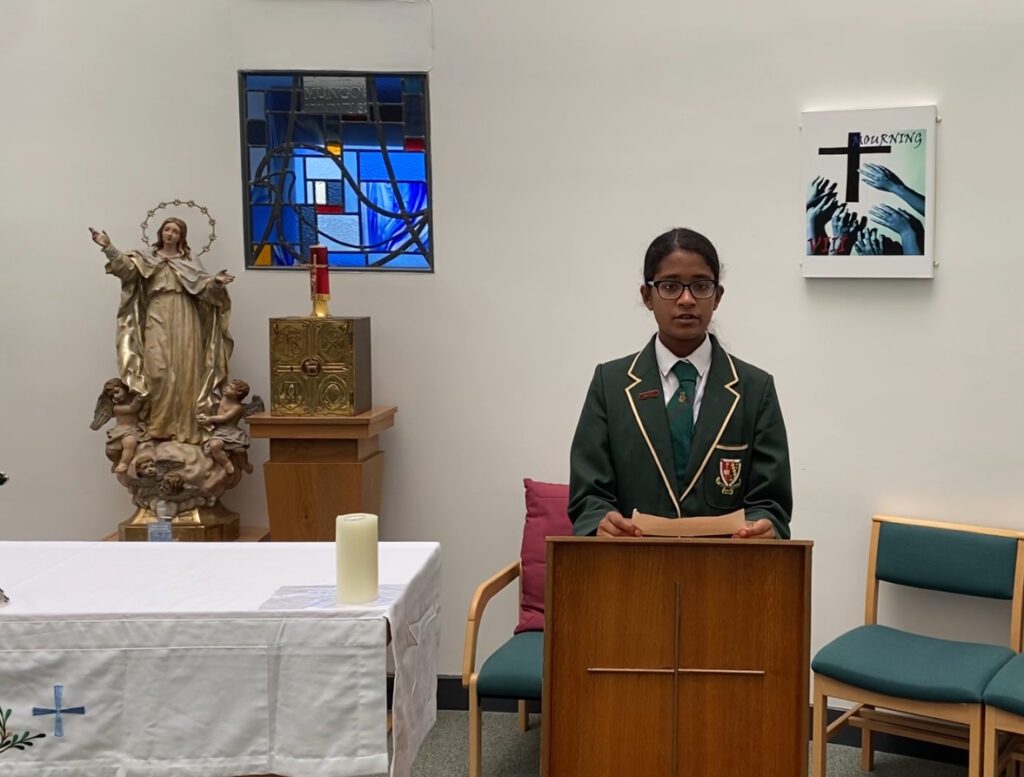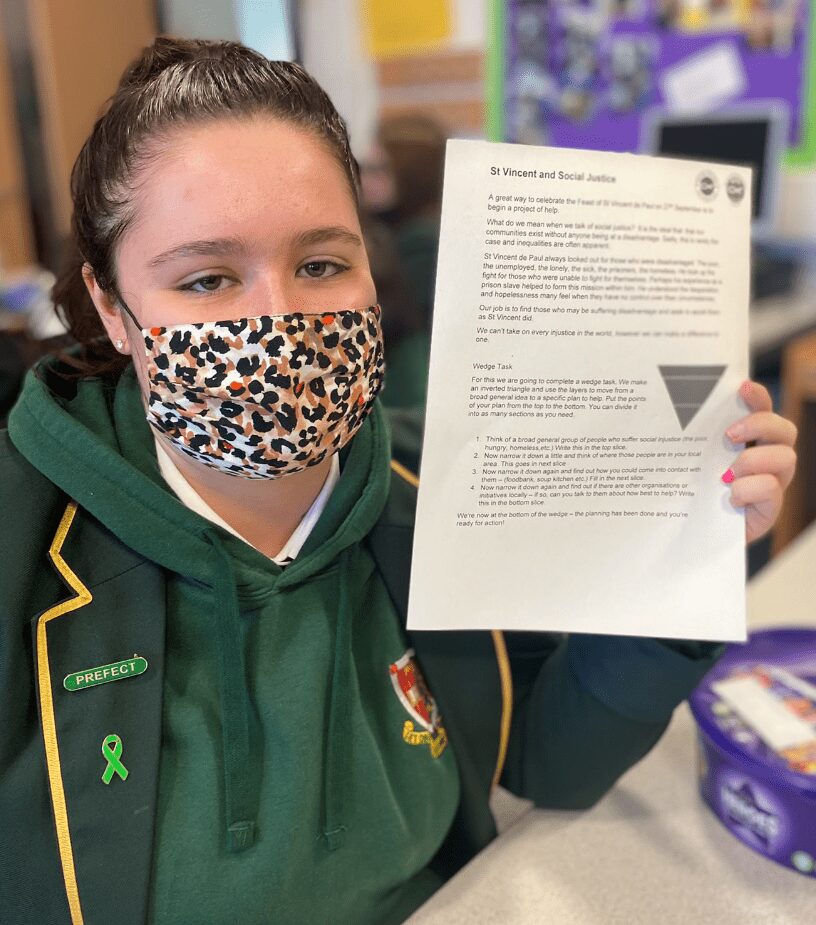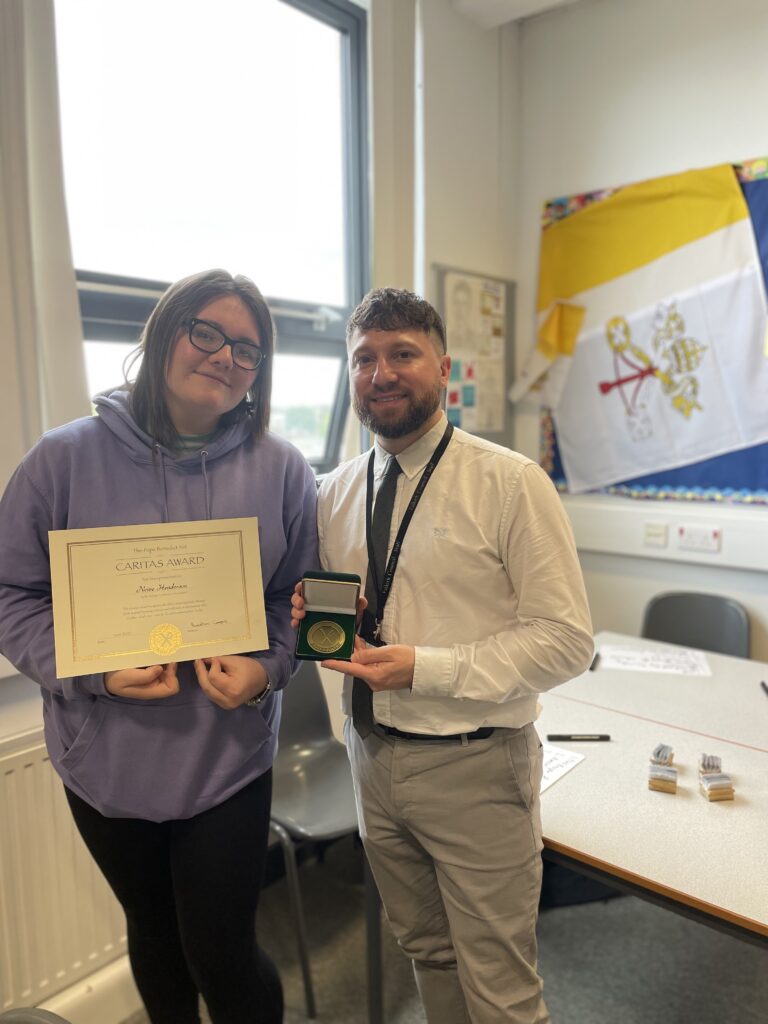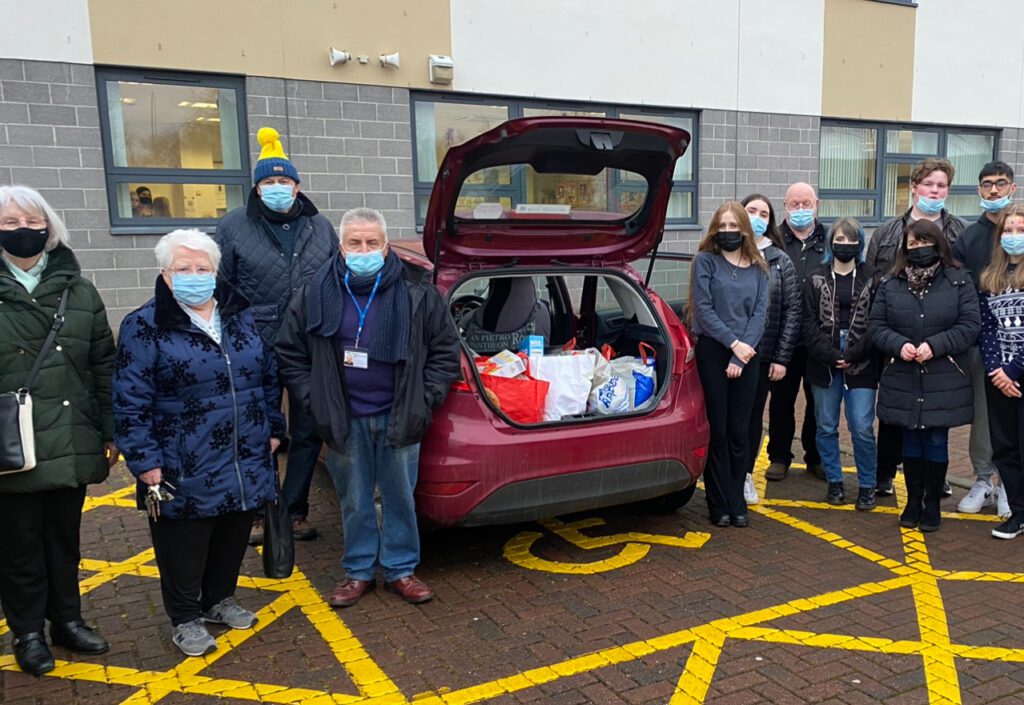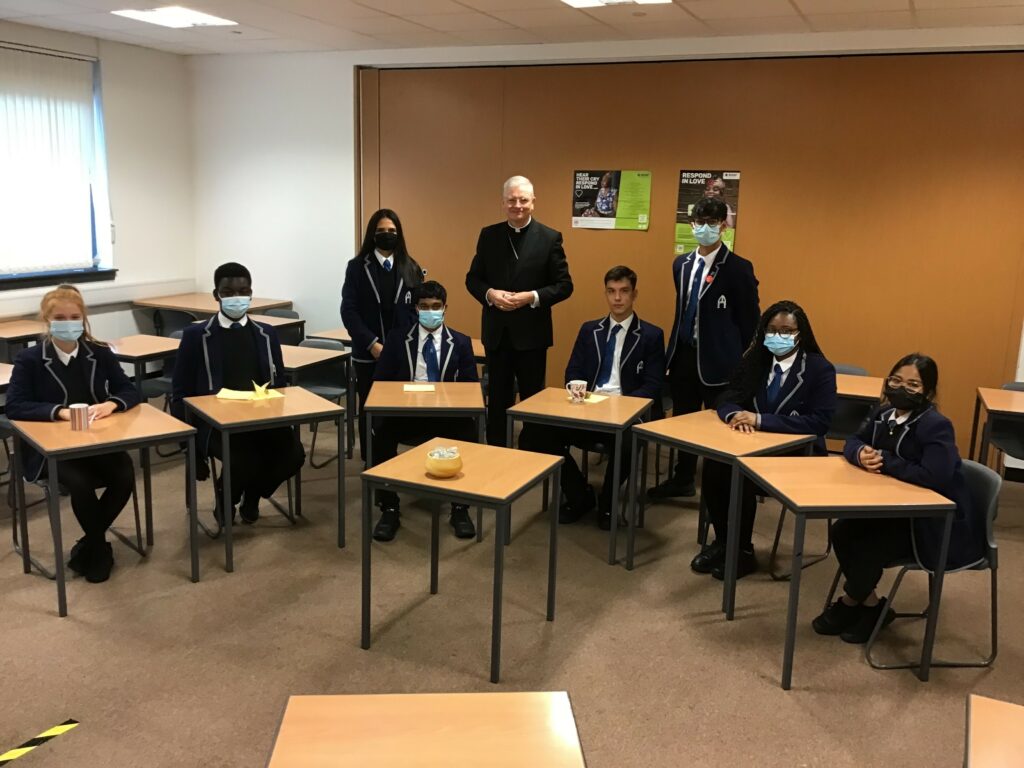Society of St Vincent de Paul chief to visit Scotland
The President General of the Society of St Vincent de Paul (SSVP) will visit the Archdiocese during a special trip to Scotland next week.
Renato Lima de Oliveira makes his first official visit to the country from 21-24 June with a tour taking in Edinburgh, Glasgow and Motherwell.
The President General will get to know the work of the charity, which has conferences in parishes across the Archdiocese and Scotland, during four days of activities.
In our Archdiocese it includes
- A welcome from Archbishop Leo Cushley and Archdiocesan SSVP President Richard Steinbach at St Margaret's Chapel, Gillis Centre, Edinburgh, on Tuesday 21 June where Mass will be celebrated at 11am. It will be livestreamed here.
- The President General will attend Mass to celebrate 175 years of the SSVP in Scotland at St Patrick's in the Cowgate, Edinburgh, on Friday 24 June at 7pm. It will be livestreamed here.
The programme for the visit includes liturgical celebrations, meetings with the Vincentian family and visits to see the special works of the SSVP across central Scotland.
After each Mass, President Renato will address Vincentians and the Catholic community.
Schedule of livestreamed events
- TUE 21 JUNE 11am: Holy Mass St Margaret's Edinburgh.
- Watch at https://youtu.be/jlYs1H9NK7M
- TUE 21 JUNE 12pm: SSVPExtraordinary National Council Meeting.
- Watch at https://youtu.be/PEkLHkK8-gM
- WED 22 JUNE 7pm: Holy Mass Blessed John Duns Scotus, Glasgow.
- Watch at https://youtu.be/yt-0lwHdll4
- THUR 23 JUNE 7pm: Holy Mass St Bernadette's Motherwell.
- Watch at https://youtu.be/OfRDusvtMwY
- FRI 24 JUNE 7pm: Holy Mass St Patrick's Cowgate. Watch at https://youtu.be/juObI2_Q5qc
All broadcasts: Sancta Familia.
